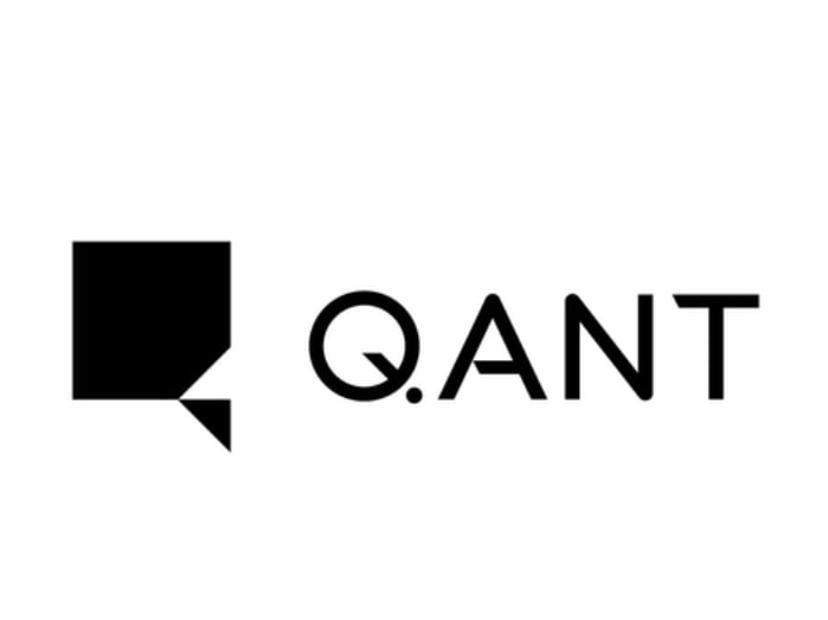Q.ANT presents new technology at Analytica 2024
Compact quantum sensor improves process and quality control by analyzing particles in real time
8 Apr 2024

Q.ANT, a Stuttgart-based high-tech start-up, will be showcasing a compact particle sensor for industrial applications in Hall A2, Stand 442 at Analytica 2024, Munich, Germany. The patented sensor, which is based on quantum technology, offers real added value for numerous sectors: from additive manufacturing, biotechnology, the ceramics industry, the materials and chemical industry to water treatment, medical technology and cosmetics.
Q.ant currently offers two particle sensors with different measuring ranges, from 2 to 50 micrometers and from 20 to 700 micrometers. Visitors to Analytica can find out how the particle sensor works and its many possible applications in laboratory analysis, bioanalysis, diagnostics and medicine, pharmacy, chemistry, food analysis and materials processing.
Accelerated shape detection
Instead of taking samples and analyzing them in the laboratory, users receive immediate feedback on the quality and composition of ingredients. The sensor detects and analyses particles in raw materials and feedstocks, regardless of the medium, which can be liquid, gaseous or powdery. Process monitoring, process optimization and quality control are thus possible in real time.
In addition to the size, number and distribution of individual particles, the sensor will also be able to classify particle shapes in real time in the future. This is made possible by the quantum technology used in conjunction with artificial intelligence (AI) that can be trained to differentiate between predefined shapes, such as elliptical or spherical particles and round particles, which can also be used to identify agglomerates. For this purpose, the AI must be trained for specific 'use cases'.
Fields of application
There are many industries and fields of application for the particle sensor, which can also be used in combination with other measurement methods and mechanisms. For example, the quantum sensor can monitor algae cells in bioreactors and recognize dead cells as soon as they change their shape. The system control can then intervene to regulate the process without having to take samples from the reactor.
Another example is water treatment, as the AI recognizes contamination, for example by bacteria or other organisms that are difficult to detect, which allows conclusions to be drawn about the purification process. In additive manufacturing using 3D printing, as well as in the metal, ceramics and cement industries, the quantum sensor analyses different powder granulations, which can result in specific material properties.
Other conceivable areas of application are the chemical and cosmetics industries, including pigment analysis for the development of colors and textures.
